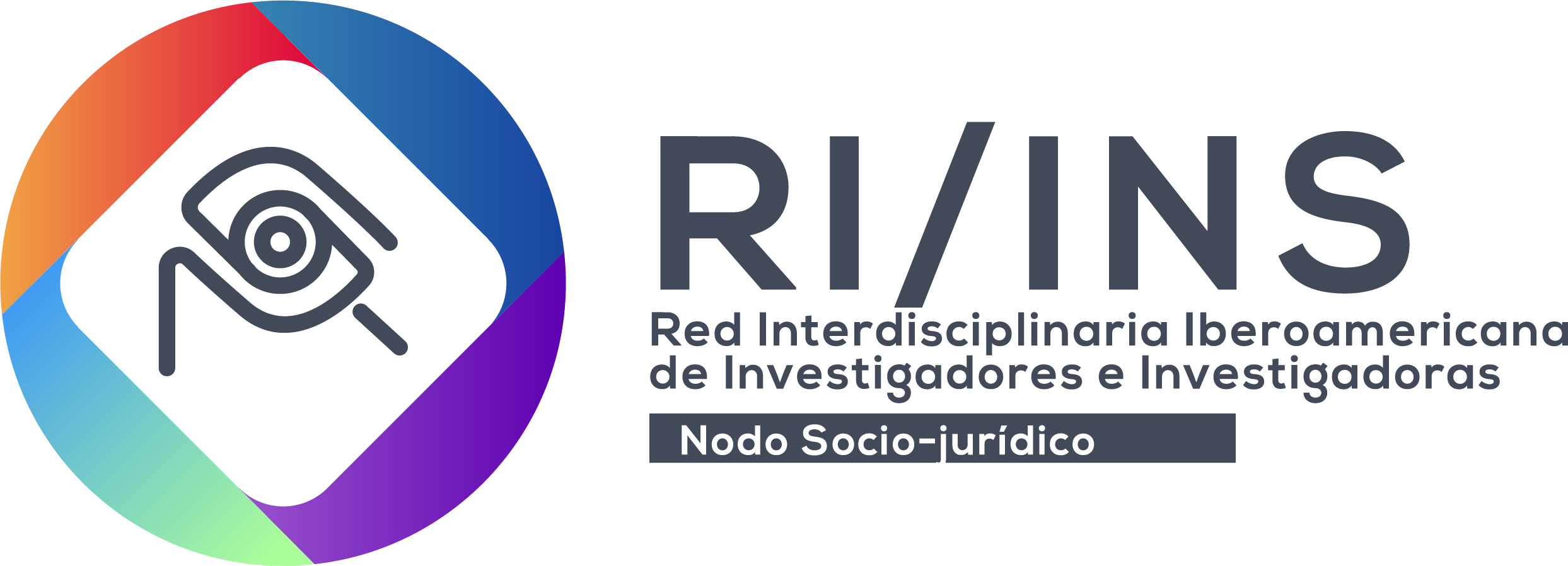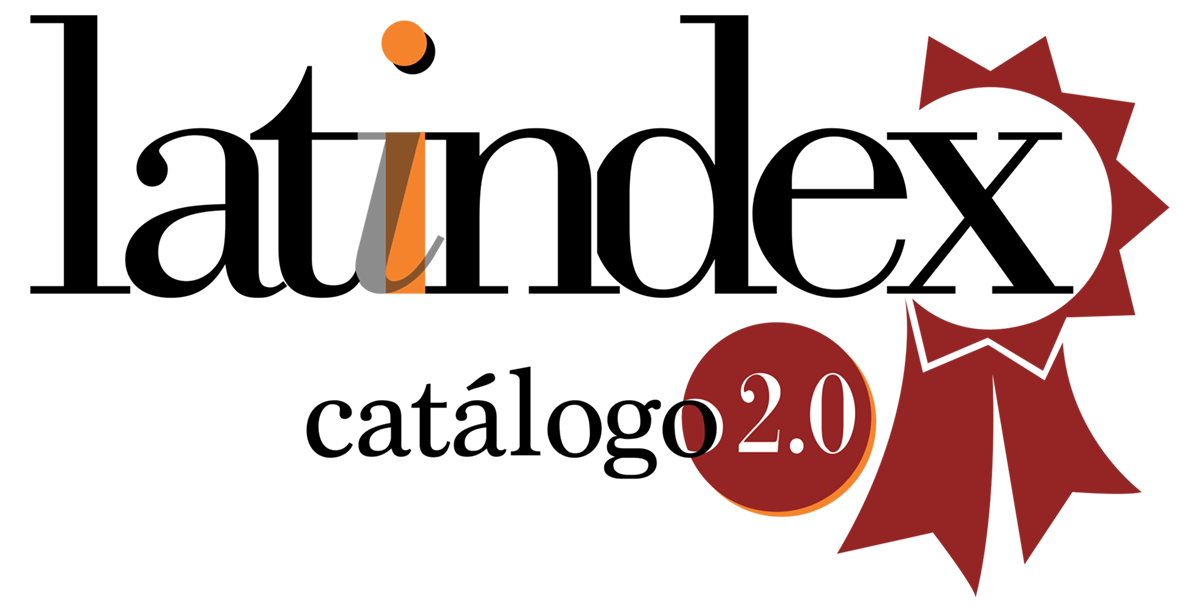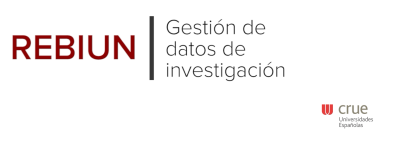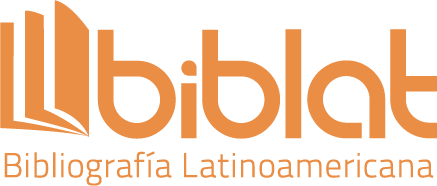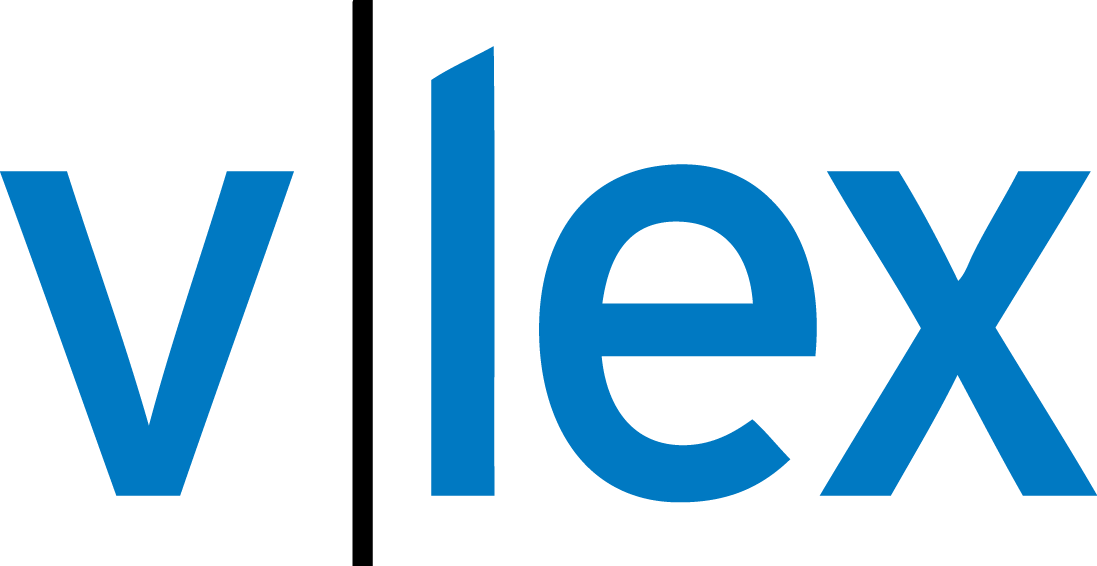Generation License: A Justified Authorization in the Legal Framework of the Nicaraguan Electricity Sector?
DOI:
https://doi.org/10.62407/rces.v2i2.52Keywords:
Administrative concession, authorization, depublishing administrative, generation licenseAbstract
Law 272, the Electric Industry Law, de-published electricity generation, previously reserved to the State as a public service, turning it into a private activity and subjecting it to market dynamics. However, to develop the production of electricity, Law 272 establishes the generation license as a prior authorization, which operates as an entry barrier into the electricity generation market. This article addresses the issue of the authorization regime for electricity generation, as an unpublished activity, in the context of the electricity industry, as a network industry, in which the freedom of enterprise, private initiative, and free competition already meet objective limitations, to raise the need to admit only those authorizations that conform to the principles of necessity and proportionality, with a view to the Public Administration being able to protect the general interests entrusted to it, while respecting the freedom of enterprise and private initiative, necessary for the creation of a competitive generation market. Resorting to the exposition of doctrinal guidelines, as well as the comparative law of countries such as Spain, Guatemala, and Chile, this article questions the need for a generation license and proposes a lege ferenda reform that institutes free electricity generation. For the investigation, use has been made mainly of the systemic method by which the contradiction between an unpublished generation and its subjection to the generation license is sustained.
Downloads
References
BBVA (2018). Los beneficios de la inteligencia emocional para nuestros hijos [Video]. Daniel Goleman. Aprendemos Juntos. YouTube. Recuperado de https://www.youtube.com/watch?v=k6Op1gHtdoo
Bisquerra, R. (s.f.). Competencias Emocionales. Red Internacional de Educación Emocional y Bienestar [RIEB].
Bisquerra, R. & García, E. (2018). La educación emocional requiere formación del profesorado. Revista del Consejo Escolar del Distrito, 5(8), 13-28.
Cabello Cuenca, E., Pérez Escoda, N., Ros Morente, A., & Filella Guiu, G. (2019). Los programas de educación emocional happy 8-12 y happy 12-16. Evaluación de su impacto en las emociones y el bienestar. Revista Española de Orientación y Psicopedagogía, 30(2), 53–66. https://doi.org/10.5944/reop.vol.30.num.2.2019.25338
Costa-Rodriguez, C., Palma-Leal, X., & Farías, C. S. (2021). Docentes emocionalmente inteligentes. Importancia de la Inteligencia Emocional para la aplicación de la Educación Emocional en la práctica pedagógica de aula. Estudios Pedagógicos, 47(1), 219–233. https://dx.doi.org/10.4067/S0718-07052021000100219
Gallardo Jaque, A. (2018). Educación socioemocional. Competencias emocionales y formación inicial docente en la Universidad de Playa Ancha. DIDAC Nueva Época, 72. 18-24.
Hernández Barraza, V. (2017). Las competencias emocionales del docente y su desempeño profesional. Alternativas En Psicología, 37, 79–92.
Huertas-Fernández, J. M., & Romero-Rodríguez, S. (2019). La autonomía emocional en el profesorado de secundaria. Análisis en el marco de un proceso de coaching personal. Revista Española de Orientación y Psicopedagogía, 30(3), 120–139. https://doi.org/10.5944/reop.vol.30.num.3.2019.26276
Ferre, L., Ludo H y Danielle, L. (2008). Módulo 2: El aula, un lugar de encuentro. Proyecto del Mejoramiento de la Calidad de la Educación Básica en la Provincia del Azuay, Asociación Flamenca de Cooperación al Desarrollo y Asistencia Técnica [VVOB].
Jurado, F. (2013). El ajuste al sistema educativo colombiano. Instituto de Investigación en Educación Universidad Nacional de Colombia.
Mena, M. I., & Puga, M. (2019). Formación de educadores para el desarrollo de las competencias transversales y socioemocionales. Scioteca: Espacio de Conocimiento Abierto y Banco de Desarrollo de América Latina. https://scioteca.caf.com/handle/123456789/1428
Mesa Regional de Cooperación Técnica. (2019). Plan de acción 2020/2025. https://www.mesacts.com/
Pacheco-Salazar, B. (2017). Educación emocional en la formación docente: Clave para la mejora escolar. Ciencia y Sociedad, 42(1), 107–113. https://doi.org/10.22206/CYS.2017.V42I1.PP107-113
Patiño, H. (2018). Pedagogía humanista y educación socio emocional: La propuesta de una nueva especialidad en la Ibero. Didac, 72, 70–75.
Pérez-Escoda, N., Filella, G., Alegre, A., & Bisquerra, R. (2012). Desarrollo de la competencia emocional de maestros y alumnos en contextos escolares. Electronic Journal of Research in Educational Psychology. 10(3), 1183–1208. https://doi.org/10.25115/EJREP.V10I28.1530
Roffey, S. (2017). The ASPIRE principles and pedagogy for the implementation of social and emotional learning and the development of whole school well-being. International Journal of Emotional Education, 9(2), 59–71. https://files.eric.ed.gov/fulltext/EJ1162077.pdf
Román Santana, W. M., de la Cruz Mena D. C. & Martínez Alonzo J. M. (2022). Desgaste del docente universitario en el desarrollo de clases virtuales por COVID 19. Revista Educare. 26(1), 8-24.
Comisión Económica para América Latina y el Caribe (2020). Educación en tiempos de pandemia COVID-19. United Nations Educational, Scientific and Cultural Organization. https://www.cepal.org/es/publicaciones/45904-la-educacion-tiempos-la-pandemia-covid-19
Downloads
Published
How to Cite
Issue
Section
License
Copyright (c) 2023 Revista Científica de Estudios Sociales

This work is licensed under a Creative Commons Attribution-NonCommercial-ShareAlike 4.0 International License.


